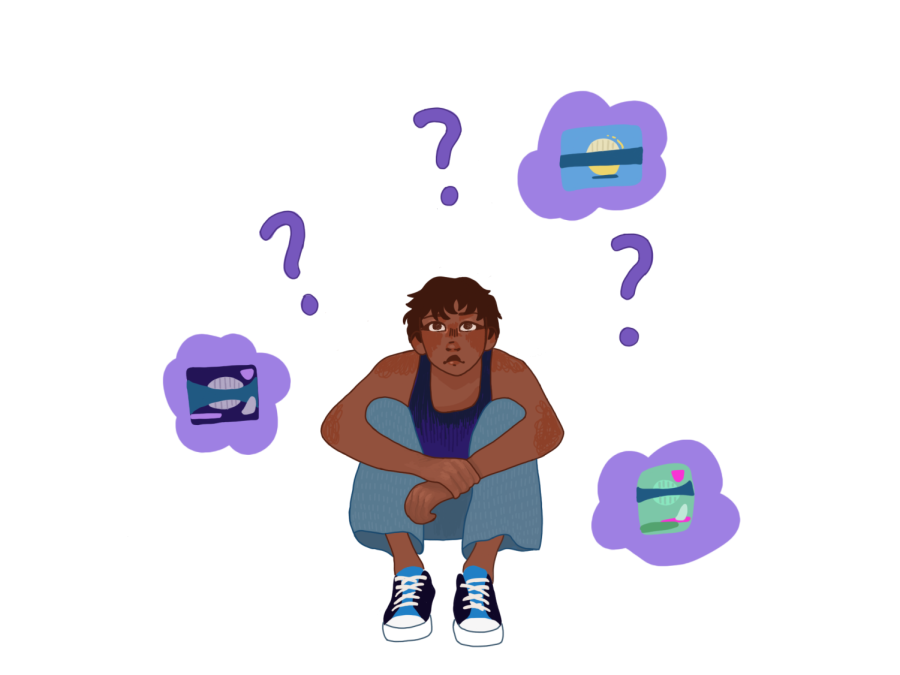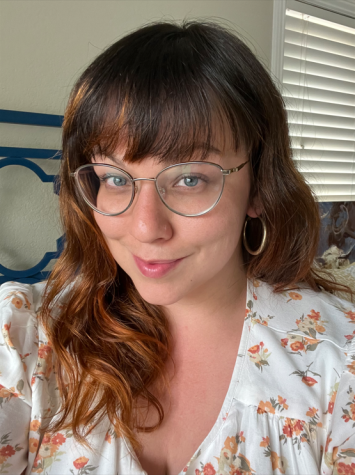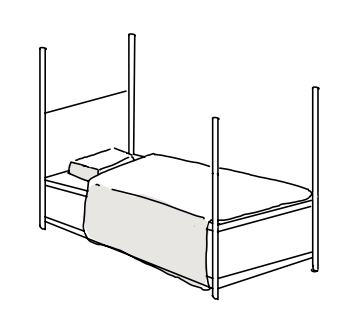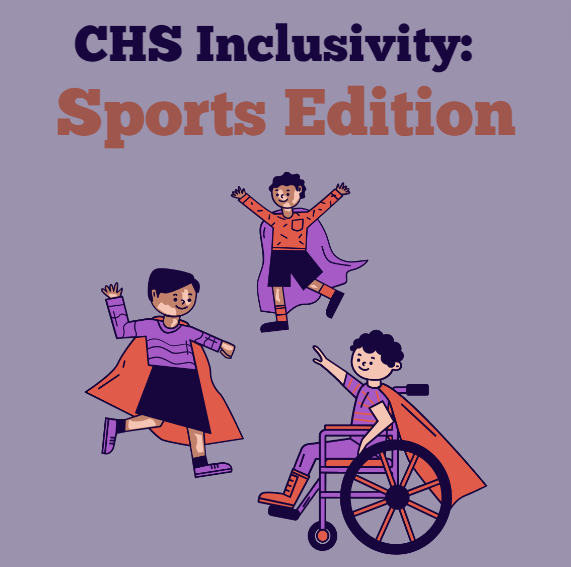It’s that “time of the month:” not your period, just your time to talk about it
Artist Natalia Escobar illustrates a captivating image of what many menstruating people experience— confusion, exasperation, and impassionment.
“Hey, can you check me?” I watch as a girl in front of me asks her friend during a passing period. Her friend then nods, and as the girl walks away, they discreetly divert their eyes, trying to find any hints of color that would be noticeable to the public eye. When none is found, the unnamed girl’s friend gives her a thumbs up, to which the girl only smiles in what can be disguised with relief, and the two continue their conversation as they walk away. This situation is not at all uncommon with menstruators, not only in our Claremont environment, but all around the world. Yet, despite its similarity and universal experience, these words spoken between the girl and her friend are hushed, their voices kept low and descriptions kept minimal, so anyone beyond their discussion cannot hear nor judge. But if this routine is so prevalent among menstruating people, why does the pair of friends have to be so quiet and afraid of any exposed ears hearing? Why is it embarrassing to have a minor stain after sitting at a desk for over six hours a day? And most importantly, why are we not talking about the bloody elephant in the room?
Newsflash: it’s not really an elephant. It’s menstruation. It comes to visit once a month for days or even weeks at a time, and no one wants to talk about it, despite its commonality with women.
Another newsflash: menstruation exists even with the recurrent silence and stigma behind it. According to a recent survey by Hola!, 61% out of 2000 women agreed that the discomfort of menstruation disrupts their life. Gen Z people are also more likely to cancel important plans or events because of their period, and though this generation is statistically more likely to talk about their periods with a close friend or romantic partner, 65% prefer to suffer in silence rather than open up and truthfully explain why they have missed work, a trip, or in our age, school. Choosing period products that allow women to feel comfortable and confident and are made with clean products helps thin the stigmatic barrier between staying quiet and speaking up, though the search for sustainable and quality products often becomes too costly for the average budget, especially for heavier cycles.
“Period poverty,” a crisis for women around the world, is also commonly silenced. According to PolicyLab, period poverty is defined as “inadequate access to menstrual hygiene tools and education, including but not limited to sanitary products, washing facilities, and waste management.” To take a global perspective on this humanitarian issue, one in every 10 menstruating youth miss school during their menstrual cycle due to lack of access to menstrual products and more. While schools, including our own, often provide pads and tampons, the pandemic has caused this service to vanish or become not as accessible, and women who depend on this act of kindness are left to rely on toilet paper and old fabric as a means to get by.
When a menstrual product becomes too costly, the economic solution is to buy an inferior product, or in this case, not the name brand. However, when buying an off-brand of tampons or pads, they often are made cheaper and though they do the job to an extent, they certainly do not for the environment. According to Ella Daish of the World Economic Forum, mainstream tampons and pads contain up to 90% plastic and other synthetic materials and take up to 500 years to break down. These ingredients are known to cause endocrine-disruption that is linked to cancer and infertility. With an estimate of 1.5-2 billion products wrongly flushed down the toilet a year, this is also a leading cause of ocean pollution and poses a vital threat towards marine ecosystems.
The next time you see someone in the hallway ask their friend to check or you see someone in the bathroom anxiously try to check themselves, let them be. Let us all do better and fight the stigma against the bloody elephant in the room. It is important for everyone to realize menstruation is natural and completely normal, and there is no need to judge someone or make them self-conscious. It’s not our time of the month, but our time everyday to change the norms and help with period poverty and sustainable menstrual products. Period. Pun intended.
Hello there! Our goal is to provide relavent, engaging journalism for readers of all ages. Your donation will support the student journalists of the Wolfpacket at Claremont High School, and will allow us to purchase equipment, print our monthly issues, and enter in journalism competitions. We appreciate your consideration!

If you have explored Instagram in the vast few months, there is only one person that has continuously posted updates from their favorite musical artists...









